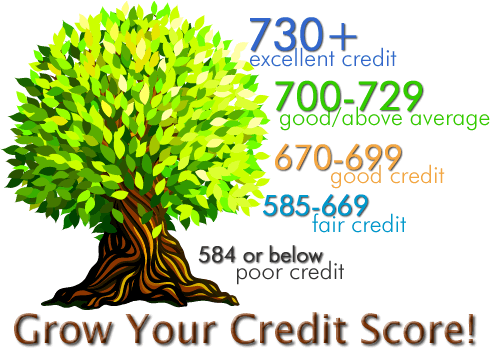The complete article can be found here
http://qz.com/26062/one-chart-that-tells-the-story-of-us-debt-from-1790-to-2011/
Reaganomics
Debt-to-GDP began another upswing in the early 1980s, when the US fell into a particularly nasty recession, set off by the Federal Reserve under Paul Volcker, who raised interest rates to record heights in order to defeat inflation. Government receipts flattened thanks in part to the large, permanent tax cuts that served as one of the top accomplishments of President Ronald Reagan’s first term. Spending jumped on both defense and social programs. Deficits exploded, breaking with the US tradition of only running large deficits during wartime. Debt-to-GDP began to climb and it hit a postwar peak of more than 49% in the early 1990s. In 1995, the publicly held debt outstanding was about $3.6 trillion (or $5.47 trillion, in today’s money). After that, a surge of economic growth, and increased revenues—thanks in part to the 1990 tax increases that cost the first President George Bush re-election and tax increases pushed through by the Clinton administration —helped bend the trajectory of the debt load back into line.
W.
The debt-load continued to look increasingly manageable throughout the late 1990s, and it hit its recent low of less than 33% of GDP in 2001. At that point, things looked so good on the debt front, that some were projecting the US would be within striking distance of eliminating the entire debt within a decade. It didn’t work out that way.
A recession, combined with tax cuts in 2001 and 2003 championed by President George W. Bush, severely crimped revenue. At the same time, spending surged both on military outlays after Sept. 11 and on domestic programs such as an expensive prescription-drug benefit for senior citizens. As a result. US borrowing shot higher to finance the Bush Administration’s efforts to stabilize the banking system as the economy teetered on the brink in 2008. Total government debt available to be traded publicly rose from $3.41 trillion in December 2000 to $5.80 trillion in December 2008, an increase of 70%; the debt-to-GDP ratio went up from 34.7% in 2000 to 40.5% in 2008.
5104 South Westshore Blvd.
Tampa, Florida 33611
info @ marcadislaw.com
(888) 547-1881
(813) 288-1881



